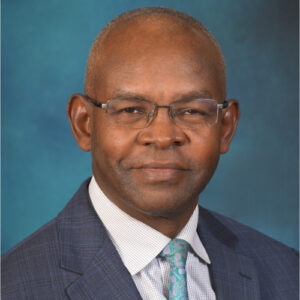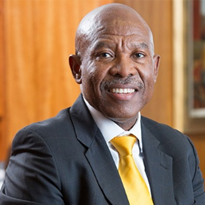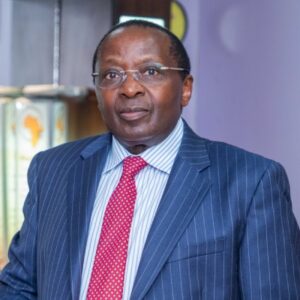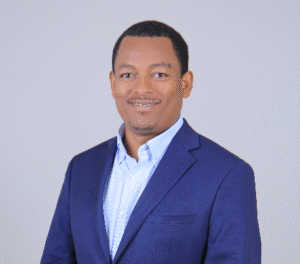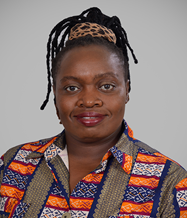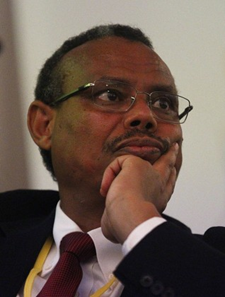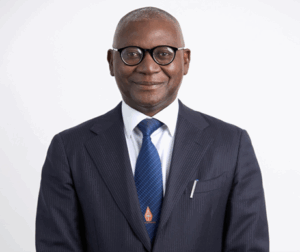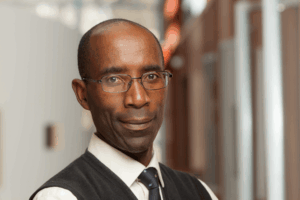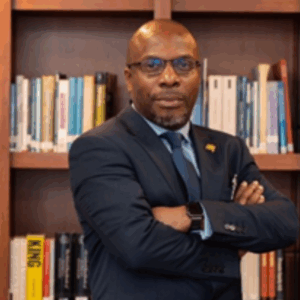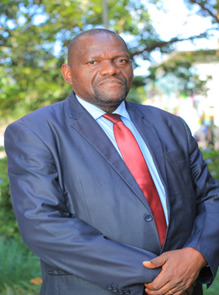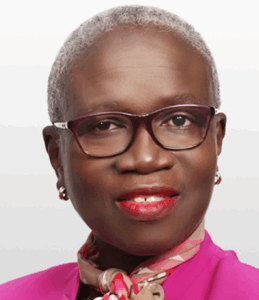About The Summit
African Economic Research Consortium (AERC) Summit 2025
This year, the African Economic Research Consortium (AERC) is holding its first Summit in the context of its new 10-year Strategic Plan (2025-2035). The three-day Summit themed ‘A Renewed AERC for Africa’s New Development Priorities’, is designed to hardwire the research-policy bridge. His Excellency, the President of Republic of Kenya is expected to grace the occasion.
Over the last three decades, AERC has built continental capacity in economic policy research and training through its biannual plenaries and thematic workshops. Recognizing that today’s policy challenges demand faster, problem-driven translation of evidence, AERC is pivoting to a new convening model through an annual, Africa-wide conferencing, explicitly designed to bridge research–policy.
The Summit is being held at a time when Africa’s development path is at a decisive inflection point. Growth has been too slow and weakly linked to poverty reduction. Macroeconomic recovery is underway but remains uneven and climate change is amplifying multidimensional vulnerability. Moreover, policies are often crafted in isolation making the policy framework highly fragmented. This notwithstanding, profound opportunities are emerging and use of data and evidence is becoming critical in guiding the policy process.
View Full Concept Note



